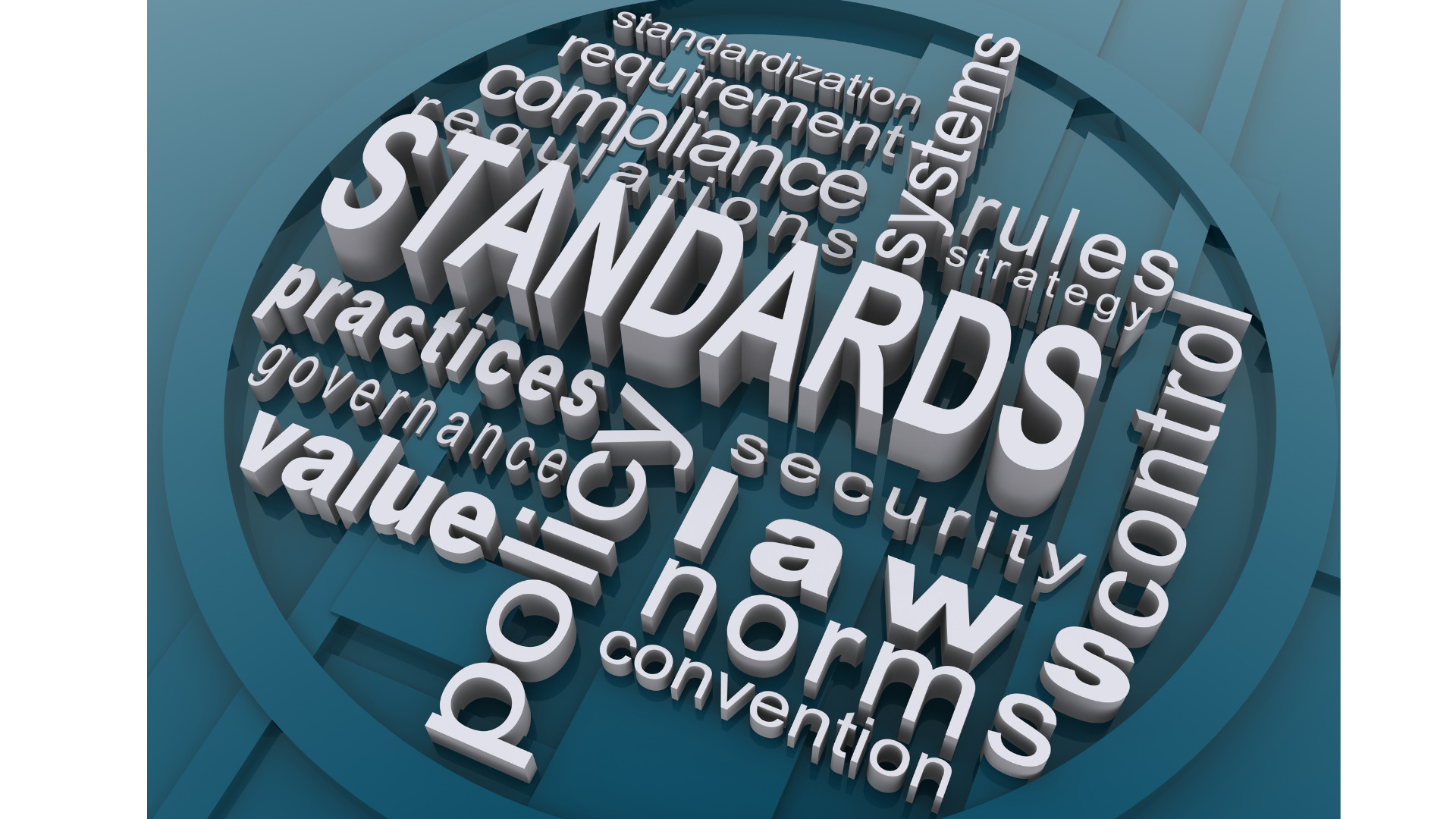This bundle includes 9 hours of professional development courses. Courses included in this package and objectives:
Ethics (3 hours):
- Define and explain the significance of National Association of Realtors (NAR) Code of Ethics and Ethics enforcement
- Provide insight into the complaint and arbitration process in the National Association of Realtors (NAR) Code of Ethics as a means of resolving disputes between REALTORS® and their complainants
- Analyze the arbitration disputes process and mediation process
Implicit Bias (3 hours):
- Understand the concept of implicit bias and its various forms
- Differentiate explicit bias and systemic bias from implicit bias
- Recognize the societal and historical impacts of biases, including government-sanctioned practices like redlining and blockbusting
Fair Housing (3 hours):
- Define the origin and history of fair housing
- List significant historical fair housing laws and acts
- Identify the real estate services and activities in which the Fair Housing Act forbids discrimination















